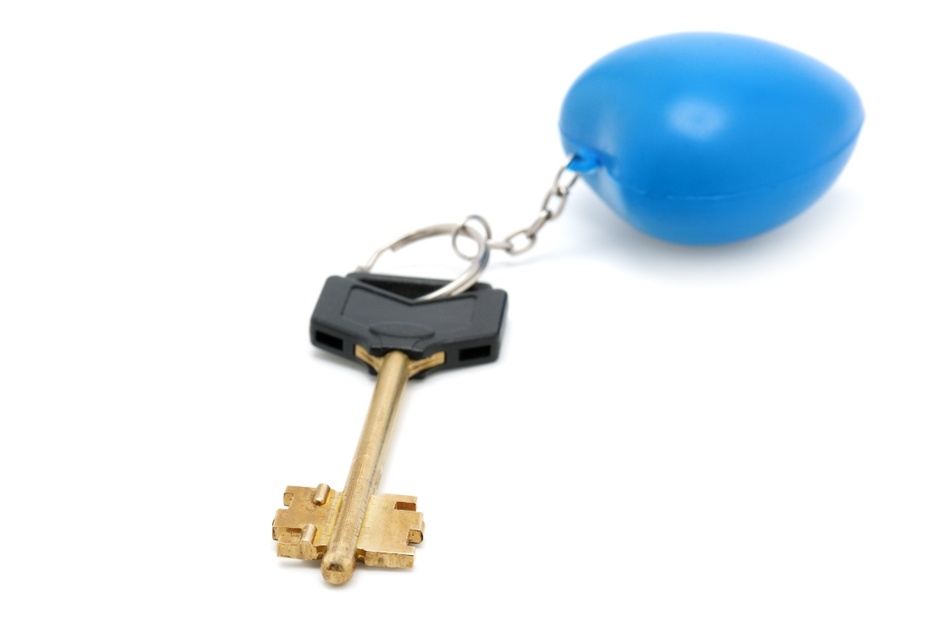
There are some things that are just too hard to say out loud. How can I get help if I can't bring myself to talk about what is troubling me? That's a good question and may stump many but for me and my practice there's a simple answer. In EMDR therapy, the therapist does not need to know the details of what happened to you. EMDR is a process that can happen between the therapist and the client without the need to tell all. EMDR stands for Eye Movement Desensitization and Reprocessing. The bilateral stimulation enables the processing of trauma to happen while the therapist is there to support and witness the journey. There are many ways for a therapist to provide bilateral stimulation. In my practice, when seeing clients in person, I use headphones with specially designed music intended for EMDR therapy as well as tappers that clients hold in their hands that alternately light up and vibrate. This provides three forms of bilateral stimulation. There are specific protocols that an EMDR therapist will be guided by but again, details of traumatic material do not need to be said out loud. Over time, clients often become more comfortable and safe to experiment with saying certain words, phrases or even describing the full details of a traumatic event. When that happens, the client usually feels better. Saying things out loud to another human being often takes the power out of it and in itself decreases the intensity of the negative feelings associated with it. But rest assured, if you are one of those people who has awful secrets that feel too shameful to verbalize, there is hope!
EMDR Therapy Methods https://www.youtube.com/watch?v=I6ZCfAZ3EOY
Empowerment After Trauma Website https://empowermentaftertrauma.com/
To read about and schedule an All Day Intensive with Chaya Feuerman, go to https://empowermentaftertrauma.com/what-is-an-all-day-intensive/

 Previous
Previous

